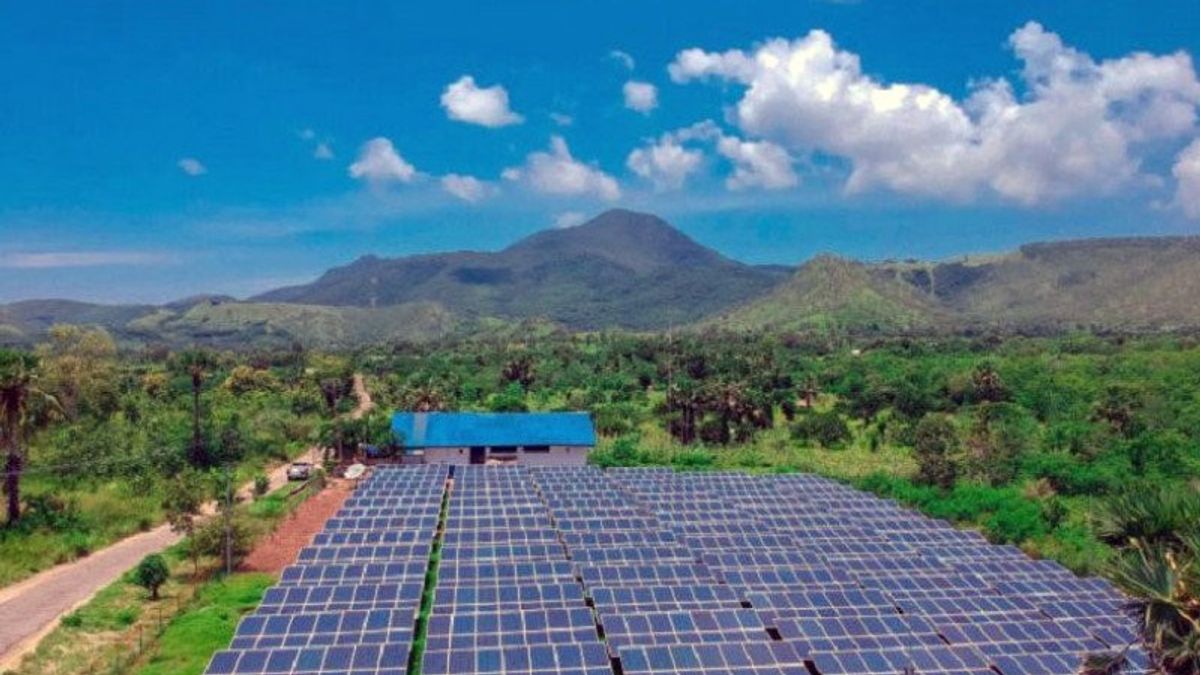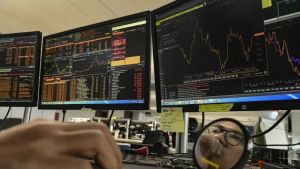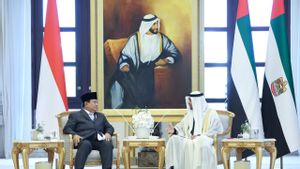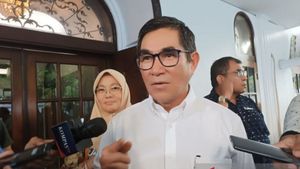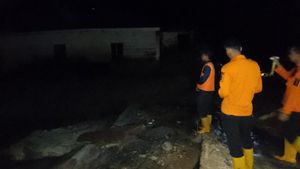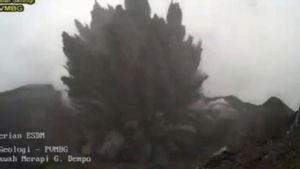Deputy Chairman of Commission VII DPR Eddy Soeparno said there was already a middle ground regarding the power steering scheme debate in the discussion of the draft New Energy and Renewable Energy Law (RUU EBET).
According to Eddy, currently the discussion of the EBET Bill has reached the working committee level (panja) of Commission VII DPR. He said that his party and the government had agreed that the power steering scheme would still be included, but on a limited scale.
"Indeed, the best thing at this time is to look at and observe the advantages or overcapacity of PLN. However, the energy policy must be comprehensive and supportive of each other, not to kill each other with each other. So, we hope that there will be power steering, even though power steering is on a limited scale," said Eddy at the launch of the Institute for Energy Economics and Financial Analysis (IEEFA): "Investigating the Dynamics of the Automotive Industry and Electric Vehicle Policy" at the AONE Hotel Jakarta, Monday, 6 February.
Eddy said that the power-wheeling scheme could create multiple sellers and multiple electric buyers in Indonesia. This is because this mechanism allows private companies (Independent Power Producers/IPP) to build power plants and sell EBT electricity to household and industrial customers.
The private electricity sale uses a distribution and transmission network owned by PT PLN (Persero) through open source by paying fees set by the Ministry of Energy and Mineral Resources.
"We feel power-wheeling is important for the acceleration of the EBT industry. If we rely on PLN alone, it takes a long time. Now, the problem is that PLN always says we are now oversupply electricity," said Eddy.
Eddy said, this year it is estimated that the increase in electricity consumption will only increase by 800 megawatts (MW). Meanwhile, there will be six gigawatts (GW) entering this year, the majority of which come from fossil fuel-based power plants.
"That's why we provide an opportunity for other parties to be able to absorb that energy, but if a third party buys and absorbs energy, plus this existing EBT will not be absorbed for a long time, therefore PLN insists on not implementing power steering," explained Eddy.
With the implementation of a limited power steering scheme in certain areas, said Eddy, it will not burden PLN's burden while accelerating the development of the EBT industry in Indonesia.
"If you want PLN to do this, expand network connectivity throughout Indonesia, so that if there are advantages, for example in East Java (East Java) it can cover shortcomings, for example in West Sumatra (West Sumatra), but investment in interconnectivity is not small, so I think this is a problem in itself," he concluded.
The English, Chinese, Japanese, Arabic, and French versions are automatically generated by the AI. So there may still be inaccuracies in translating, please always see Indonesian as our main language. (system supported by DigitalSiber.id)
